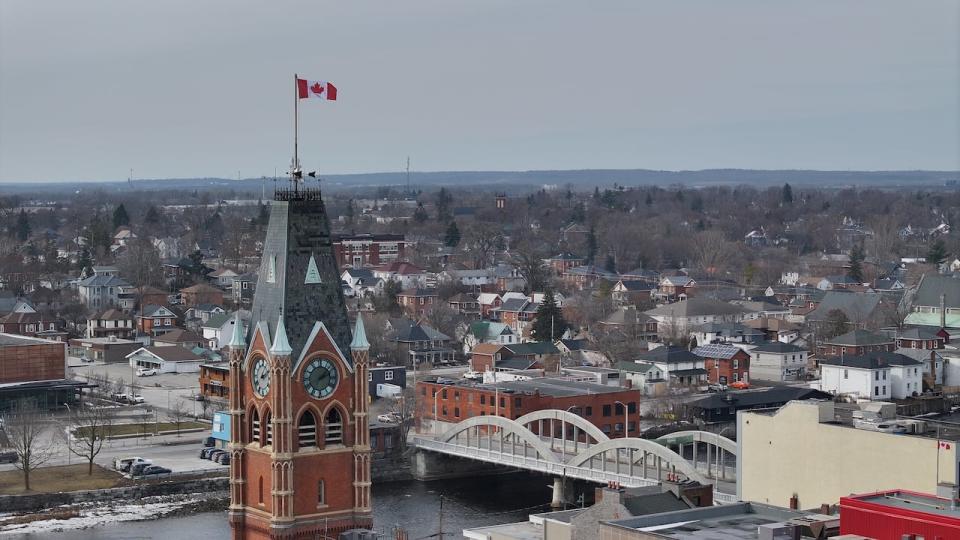Money, lifestyle key to luring family doctors, Belleville finds

As municipalities across Ontario struggle to attract enough family physicians, Belleville has just snagged its 44th doctor-to-be through a city-run recruitment program.
"Belleville's unique combination of small town charm and big city amenities means you will be able to build the balanced life you are looking for," reads the family physician recruitment program's online brochure.
For Western University medical student Mike Ding, it was the perfect pitch.
"It was largely a combination of the support of the city itself as well as, to be honest, the geographical location of Belleville," Ding said.
The extra money helped, too.
Under the program, family physicians who agree to move to Belleville will receive a $150,000 incentive, doled out in $25,000 annual payments, for a minimum commitment of five years.
Ding said it's a great incentive for physicians who have been avoiding family medicine because of the relatively low pay.
"These types of factors kind of play a big role in why students now are kind of hesitant in pursuing primary care," Ding said.
After he graduates in 2028, Ding said he plans to open his own family practice in Belleville. He said his classmates have been supportive, and also surprised to hear that a city the size of Belleville is extending such an offer.
"I think for most of us, there's some incentive programs that we've heard of that have to do with remote communities," Ding said.
Safe, affordable living
With a population of about 55,000 and its location on Highway 401 between Toronto, Ottawa and Montreal, Belleville is a highly accessible community without some of the problems facing larger cities.
"We're a safe, affordable community," said Karen Poste, manager of the city's recruitment program. "We have everything anyone could need, but still have that sort of small-town feeling."

Belleville's city hall is seen in the foreground of this drone image taken Feb. 23, 2024. (Patrick Morrell/CBC)
Poste said the local physician community is on board with the recruitment program, and is ready to welcome the new doctors and offer help when needed.
"They've been where Mike will be when he starts his practice, and they all understand that and are super supportive," she said.
Belleville's city council made Poste's job permanent last year, a signal of the city's commitment to providing ongoing support to its new doctors, she said.
"I think there's a lot of comfort in that for anyone considering a location," she said.
Physicians who accept the offer must set up an office in Belleville and register patients there. However, the program doesn't dictate how many patients each doctor must take on, nor does it require proof that all patients reside within city limits.
Work-life balance important
Poste advises other municipalities considering their own physician recruitment programs to think about what sets them apart.
"What is it that you can offer that maybe other communities can't?" she asked. "Work-life balance is so important for these students who have been in school for so long."
"So figure out sort of what your unique advantage is and then market that in order to get the attention of the right student."
According to the Ontario College of Family Physicians, 2.3 million residents are currently without a primary care doctor. That number is expected to double by 2026.
Last week, the provincial government announced it's investing an additional $446 million over three years in its primary care expansion strategy, which aims to connect roughly 600,000 patients with team-based primary care.
In an ongoing effort to boost the number of family doctors in Ontario, the province is also investing in a new medical school at York University that will focus on primary care.


